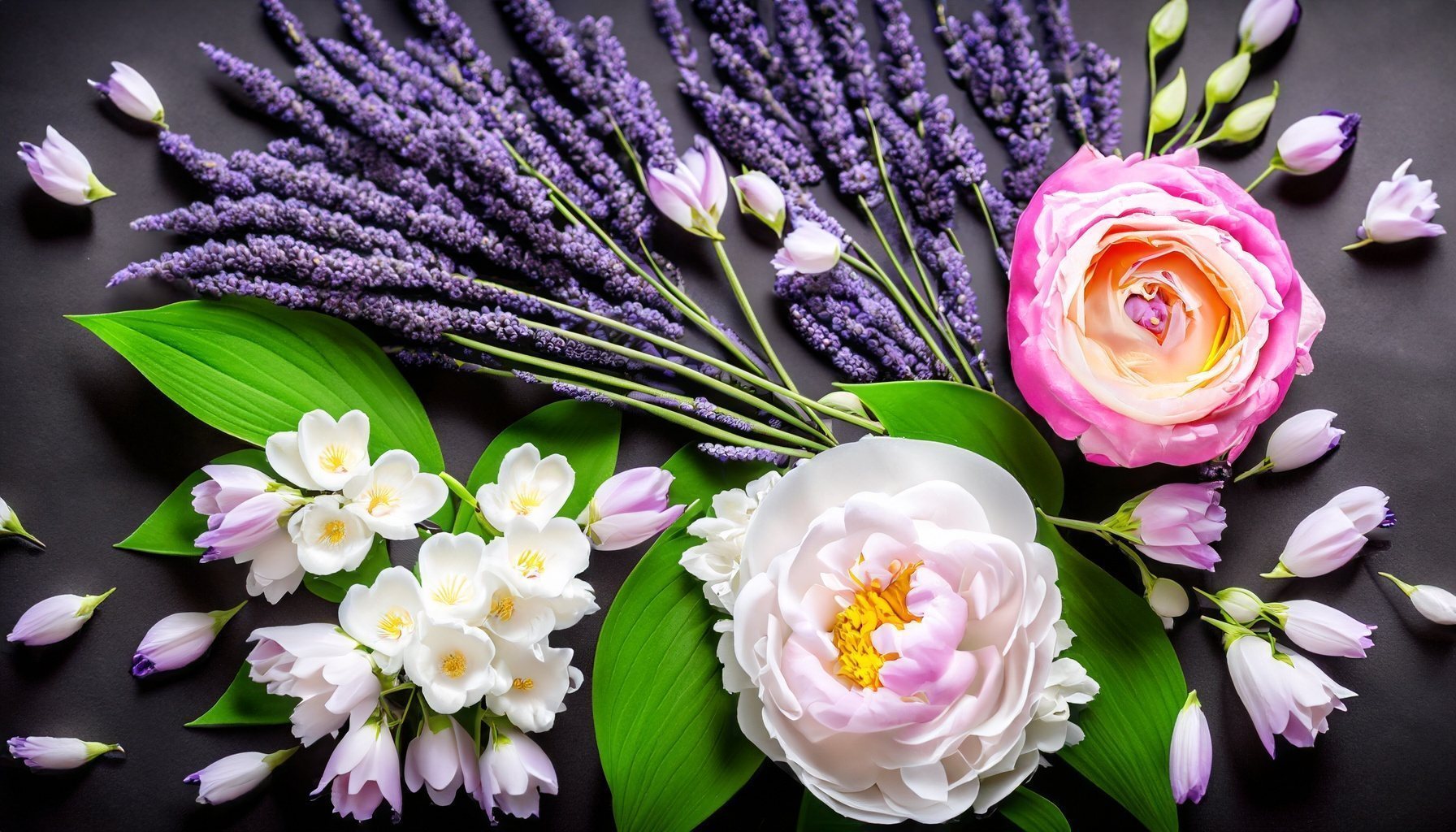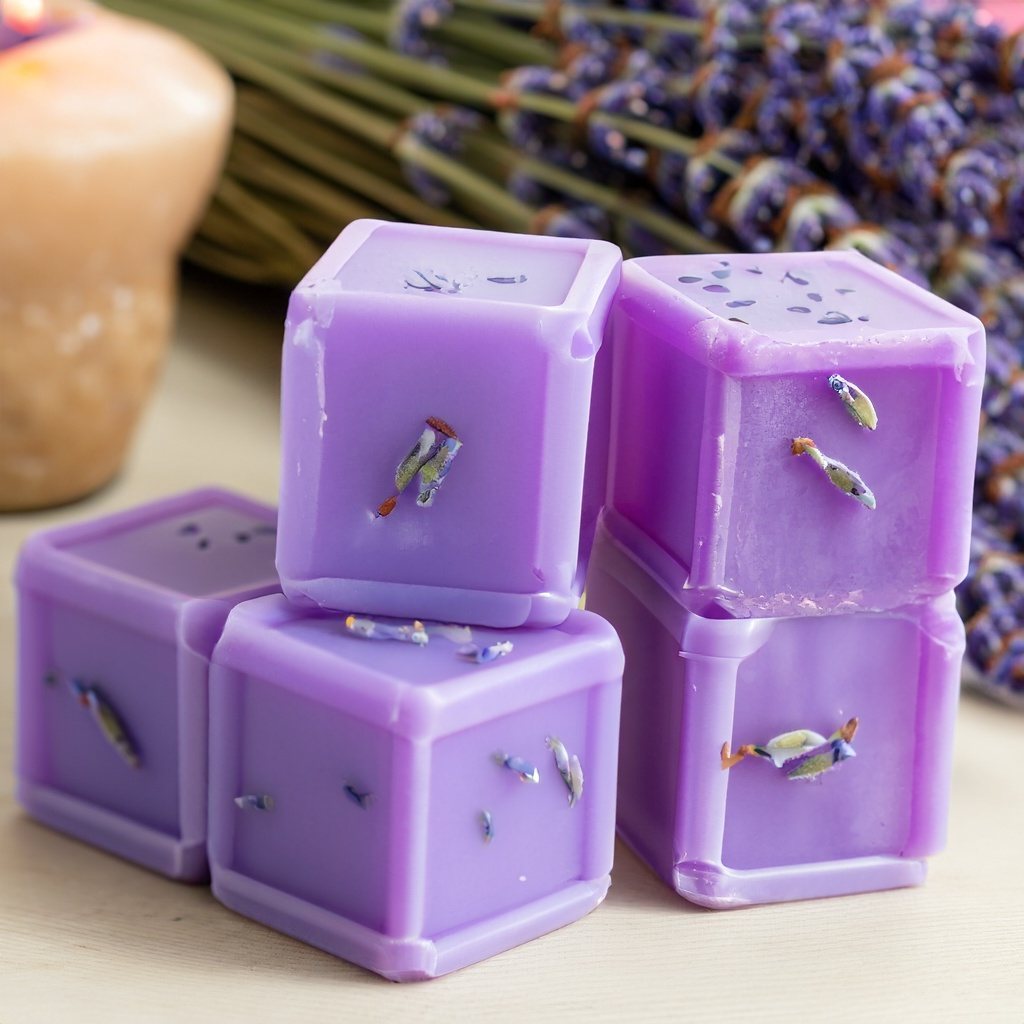
Floral mythology encompasses the rich tapestry of stories, beliefs, and traditions that surround flowers and plants. Since ancient times, flowers have held symbolic meanings, weaving their way into myths, legends, and religious texts. Across different civilizations, flowers have been imbued with meanings that reflect human emotions, life events, and more, standing as silent witnesses to the unfolding of human history.
Ancient Civilizations
In ancient Greece and Rome, many flowers were associated with gods and goddesses. For instance, the tale of Narcissus, a beautiful youth who fell in love with his reflection, gave birth to the narcissus flower. The hyacinth emerged from the tragic tale of a young boy named Hyacinthus, who was loved by the god Apollo. The poppy was associated with Demeter, the goddess of agriculture and fertility, symbolizing both sleep and death.
Eastern Traditions
In Eastern traditions, the lotus holds special significance. In Hinduism, it is associated with beauty, fertility, prosperity, spirituality, and eternity. Many deities, including Brahma and Saraswati, are often depicted seated on a lotus flower. In Buddhism, the lotus symbolizes purity and enlightenment, representing the journey of the soul from the mud of materialism to the radiance of spiritual awakening.
Middle Ages to Renaissance
During the Middle Ages and the Renaissance, flowers continued to be imbued with symbolic meanings. The language of flowers, or floriography, became a complex and nuanced form of expression, particularly in Victorian England. Each flower and its color represented specific emotions or messages, and bouquets were used to convey sentiments that could not always be spoken openly.
Native American Lore
In the Americas, indigenous tribes held certain plants and flowers in high esteem for their medicinal, spiritual, and symbolic values. The sunflower, for instance, was a symbol of warmth, fertility, and sustenance.
Modern Interpretations
In modern times, the symbolic meanings of flowers persist. Roses are often associated with love, daisies with innocence, and lilies with purity and renewal. The study of flowers in mythology and symbolism is a multifaceted field, intertwining botany, history, literature, and psychology.

Candlecopia’s floral scented wax melts are often a delicate and sophisticated scent that can evoke a range of emotions from joy to nostalgia
Floral mythology is a rich and enduring aspect of human culture, reflecting our intrinsic connection to the natural world. Each flower tells a story, echoing the joys, sorrows, trials, and triumphs of the human experience. The silent language of flowers, encoded in their colors, shapes, and scents, continues to enchant, inspire, and connect us across time and space.
Written by Tony Bierman
Tony Bierman co-founded Candlecopia, a home fragrance company, in 2009. In addition to being a 15-year veteran of the home fragrance industry, Tony is also an author, an award-winning software developer, and an amateur photographer. In his spare time, you’ll find him hiking the woods of Roanoke Creek, with his camera and his dogs.
